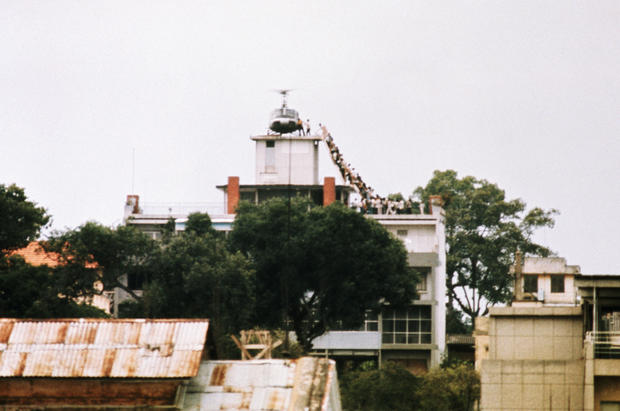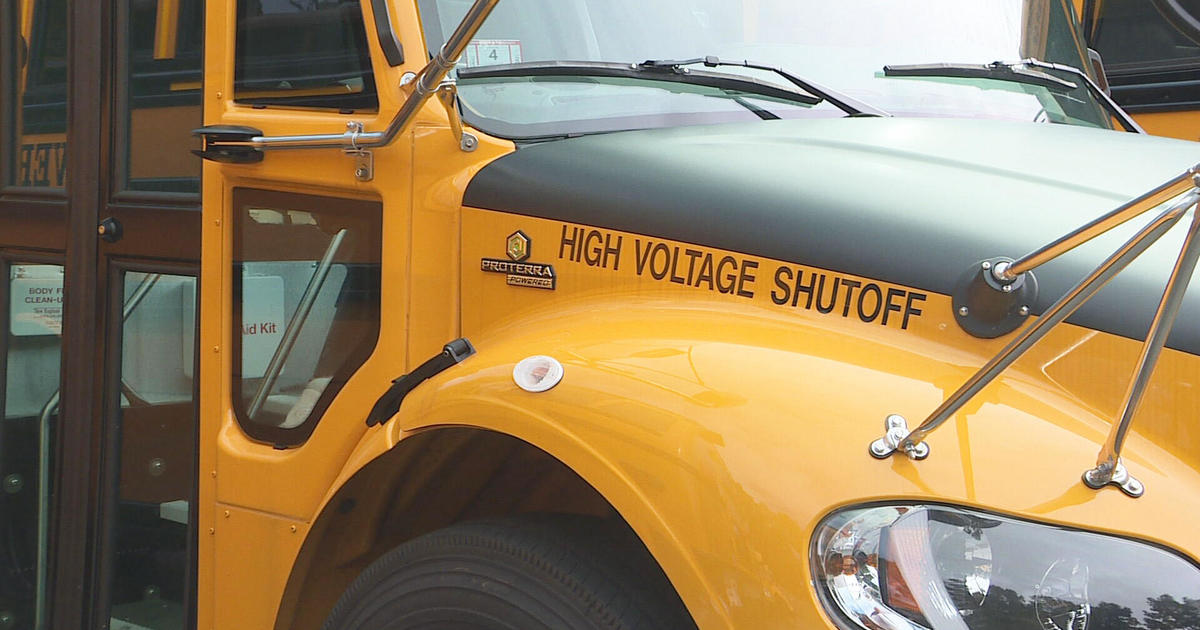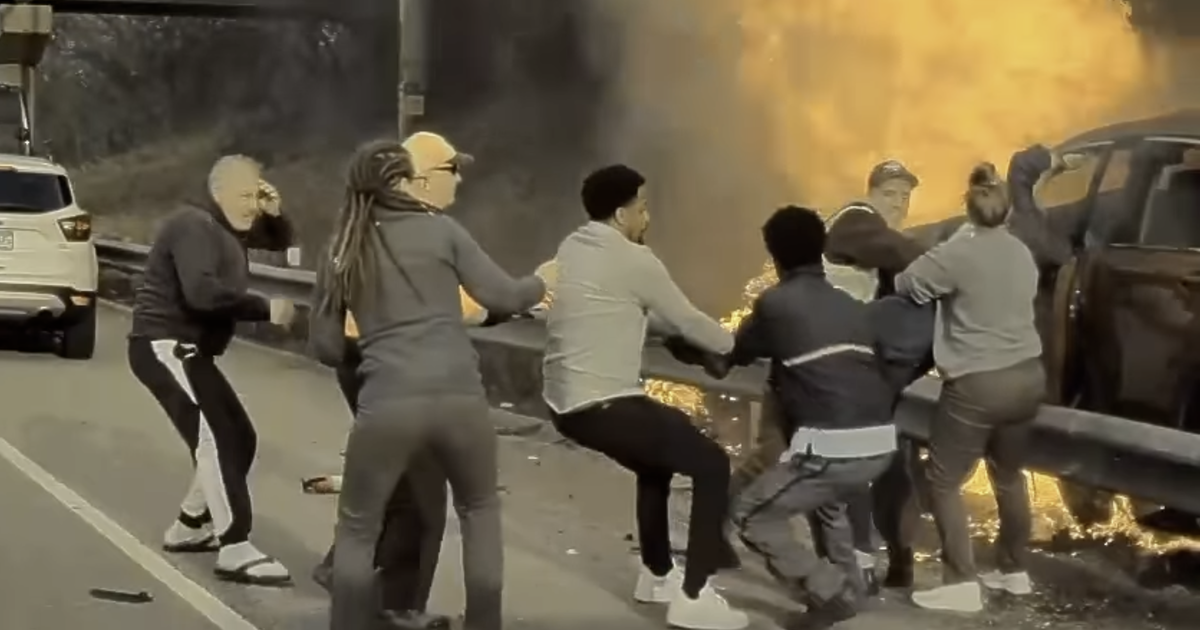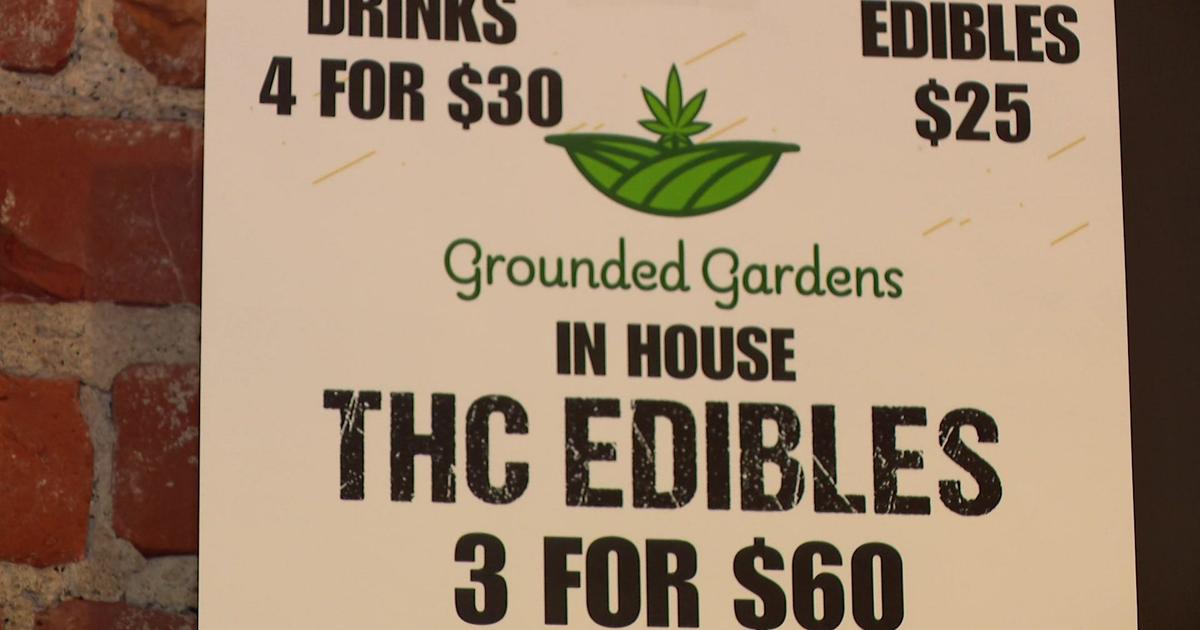Movie Blog: 'Last Days In Vietnam' Review
Toward the end of The Last Days in Vietnam, a marine who was part of the evacuation of Saigon describes the terrible episode as the Vietnam War "in microcosm." That is to say: It had the tragic mix of good intentions and poor leadership that led to broken promises and a country's demise. Yet, filmmaker Rory Kennedy's vital and moving documentary on the Fall of Saigon isn't so much about her pointing a finger, as it is about highlighting the pain, panic, heartbreak, and heroism wound up in those dark days in the spring of 1975.
Kennedy, the youngest child of Sen. Robert "Bobby" Kennedy, gets some big names to talk on camera, including then Secretary of State Henry Kissinger. She also speaks with several military men and South Vietnamese who were on the ground in Saigon as the communists' tanks were rolling in. The stories told by these men are heart wrenching, and the same can be said of the images that accompany them. There's an unnerving feeling of hopelessness that rises out of archive images in which thousands of South Vietnamese can be seen fleeing for their lives – jumping onto jam-packed boats, clinging onto airplane staircases, begging to be among the lucky few let onto American helicopters.
It's even more saddening to know, as the film shows, that America (or President Richard Nixon) had promised to help South Vietnam in the event of an attack following the signing of the Paris Peace Accords. But after Watergate sealed Nixon's fate, his successor, President Gerald Ford, couldn't muster the political will to help Saigon. The American people were tired of war, especially in a country that had claimed so much treasure, and so many lives. While Kennedy's film doesn't straight up argue that America should have done more, one can't watch this film without thinking this disaster could have (or should have) been avoided.
One person who ends up as a particularly tragic figure (or one who deserves particular blame) is Graham Martin, whom Nixon had appointed as ambassador to Vietnam. He'd lost a foster son in the war, and was determined not to leave Saigon, in an effort, seemingly, not to give up what his son had fought for. Yet, Martin's determination to stay (or to ignore the North Vietnamese threat) is what many in the film say led to the evacuation being such a quagmire. And although his emotions may have clouded his judgment initially, he still tried, in his final hours as ambassador, to get as many South Vietnamese out of the country as he could.
And he wasn't alone. Many, if not all, of the military people Kennedy talks with in the film tried desperately (and illegally) to help the South Vietnamese – especially those who were close to Americans, as informants, tailors, cooks or even wives. Much of the film is devoted to this incredible, moving, important, heart-breaking struggle. And while many South Vietnamese did find passage out of Vietnam by means of American help, there were hundreds and hundreds of people who had been promised freedom and then abandoned to their fate. And today, as America tries to negotiate issues of religious war in the Middle East, it seems prudent to keep in mind the human and moral cost of committing to a cause and then not following through.
Last Days In Vietnam is playing at the Uptown Theatre for one week, starting Friday.




